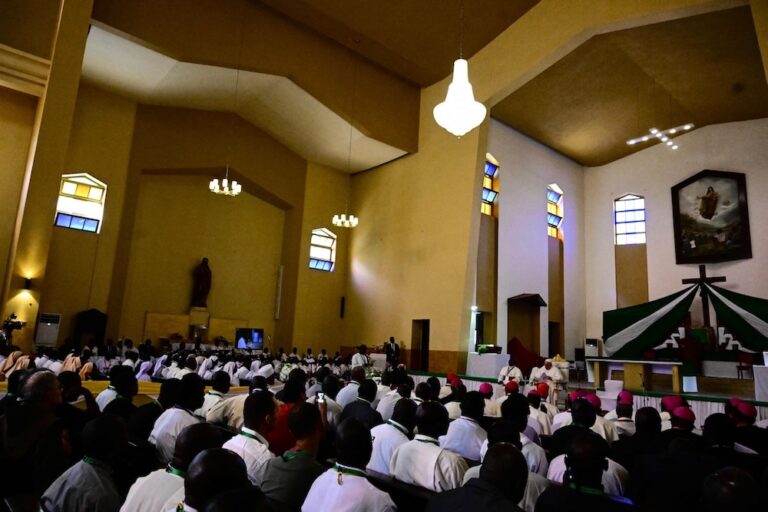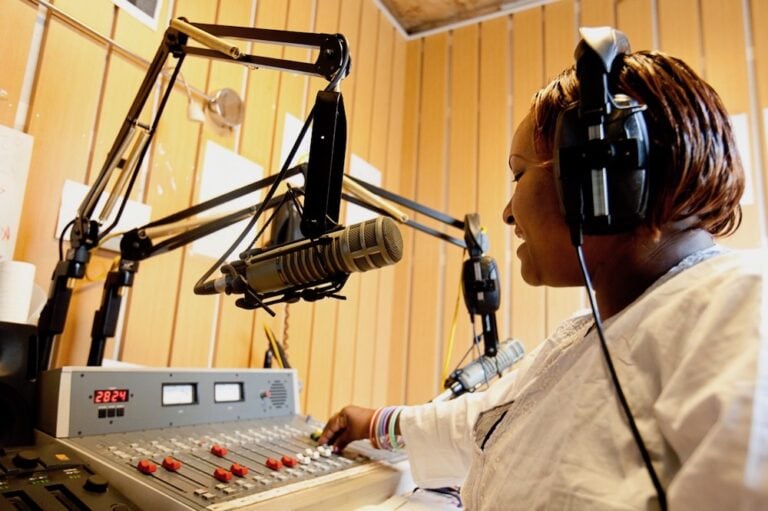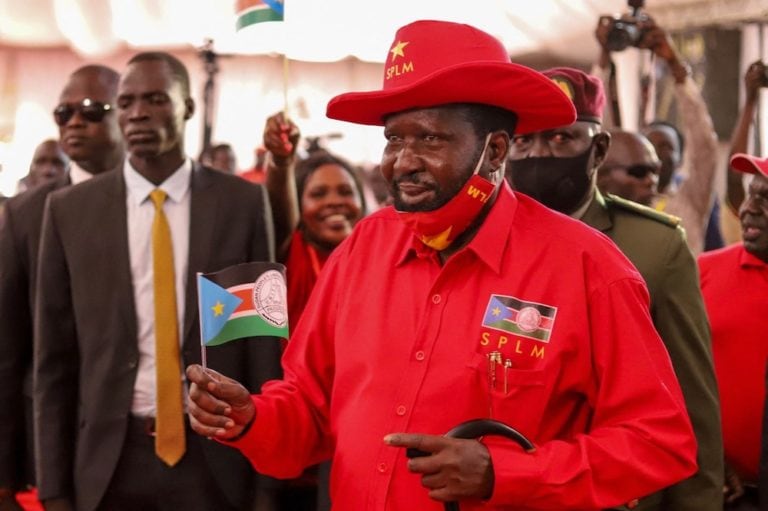Three months, 90 days, more than two thousand hours without news of Dong Samuel Luak, a well-known South Sudanese activist, and Aggrey Idris, an opposition official, who disappeared off the streets of Nairobi on January 23 and 24.
This statement was originally published on hrw.org on 23 April 2017.
Three months, 90 days, more than two thousand hours without news of Dong Samuel Luak, a well-known South Sudanese activist, and Aggrey Idris, an opposition official, who disappeared off the streets of Nairobi on January 23 and 24.
The men are believed to have been abducted by or at the request of South Sudanese officials and taken illegally to South Sudan, where they are likely to have been abused as so many other detainees before them. Human Rights Watch has documented clear patterns of arbitrary detentions, abuse, and torture by military and national security actors in South Sudan.
Neither the Kenyan or South Sudanese authorities have responded to questions about the two men’s fate. A group of nongovernmental organizations in Kenya filed a habeas corpus petition for the release of the two activists, but the court found on February 22 that there was insufficient evidence to establish the Kenyan government was liable for their forcible disappearance. Days earlier, the South Sudanese minister of information, Michael Makuei, denied that they were in the custody of South Sudanese security forces.
Yet, credible sources told Human Rights Watch and others that both Luak and Idris were detained in the Juba headquarters of South Sudan’s National Security Service (NSS) on January 26, two days after they were forcibly disappeared from Nairobi and a day before the High Court of Kenya ruled against their deportation. Sources said the two men were held in the NSS headquarters in Juba for a few nights and then transferred elsewhere. Their current whereabouts remain unknown.
Since the war began in 2013, we have documented cases of enforced disappearances, defined as the detention and subsequent denial of detention by authorities, especially in the Equatoria and Western Bahr el-Ghazal regions where the South Sudan government has been pursuing abusive counterinsurgency campaigns, including against people presumed to support the opposition.
This case has the added dimension of involving the enforced disappearance of people in another country, and potential collusion between South Sudanese and Kenyan actors in a crime.
Luak and Idris’ forcible disappearance shows that South Sudanese actors are willing to cross borders to silence critics. This is an especially worrying development considering how many human rights activists and civil society leaders have had to flee South Sudan since the war started.
International actors, including the African Union and Kenya, should insist South Sudan’s government immediately investigate the case, produce and release the disappeared men, and investigate and hold to account those responsible. Three months on, every additional second is too long.



